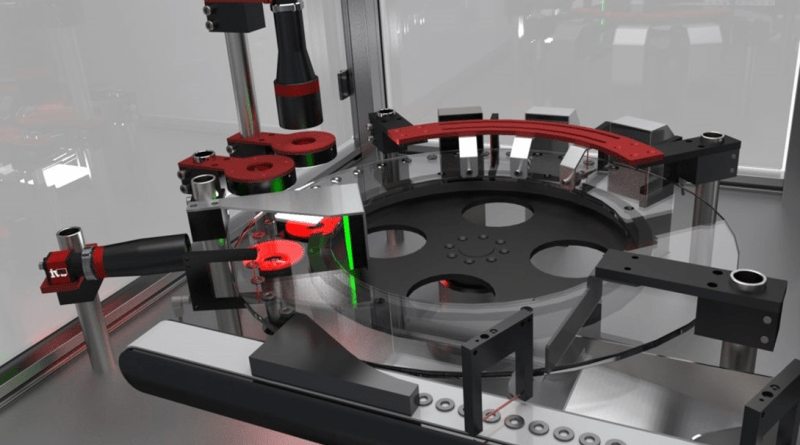Source – https://metrology.news/
Industrial Vision Systems (IVS), a supplier of inspection machines, has launched a range of new optical sorting machines specifically for the high-speed sorting of small components such as fasteners, rings, plastic parts, washers, nuts, munitions and micro components.
The devices provide automatic inspection, sorting, grading and classification of products at up to 600 parts per minute. The systems also intercept and reject failed parts at high-speed, discovering shifts in quality, and providing quality assurance through the production cycle.
The new machines utilise the latest vision inspection algorithms, allowing manufacturers to focus on other activities while the fully automated sorting machines root out rogue products and make decisions on quality automatically. For classification checks, the systems use Artificial Intelligence (AI) and Deep Learning, providing the machines with an ability to ‘learn by example’ and improve as more data is captured.
The glass disc of the machine provides 360 degree inspection, enabling the system to act as the ‘eyes’ on the factory floor and record production trends and data. By intercepting and rejecting failed parts at high speed, it gives manufacturers the ability to provide 100% automatically inspected product to their customers, without human intervention.
With ‘real time’ data and comprehensive reporting to see defect rates, this enables engineers to immediately respond to problems and take corrective action before products are delivered to a customer.
“Our machines allow manufacturers to stay ahead of their competitors. These new systems are designed for manufacturers of mass produced, small products which they previously would have struggled to sort – causing quality concerns,” comments Earl Yardley, director at Industrial Vision Systems.
He concludes: “We can perceive and detect defects others miss at high-speed. Our optical sorting technology takes vision inspection to the next level. Clear, ultra high definition images allow our new generation of systems to recognise even the hardest to spot flaws and to sort wrong batch parts. This allows our customers to achieve continuous yield reductions, categorise failures based on their attributes, and build better products.”
